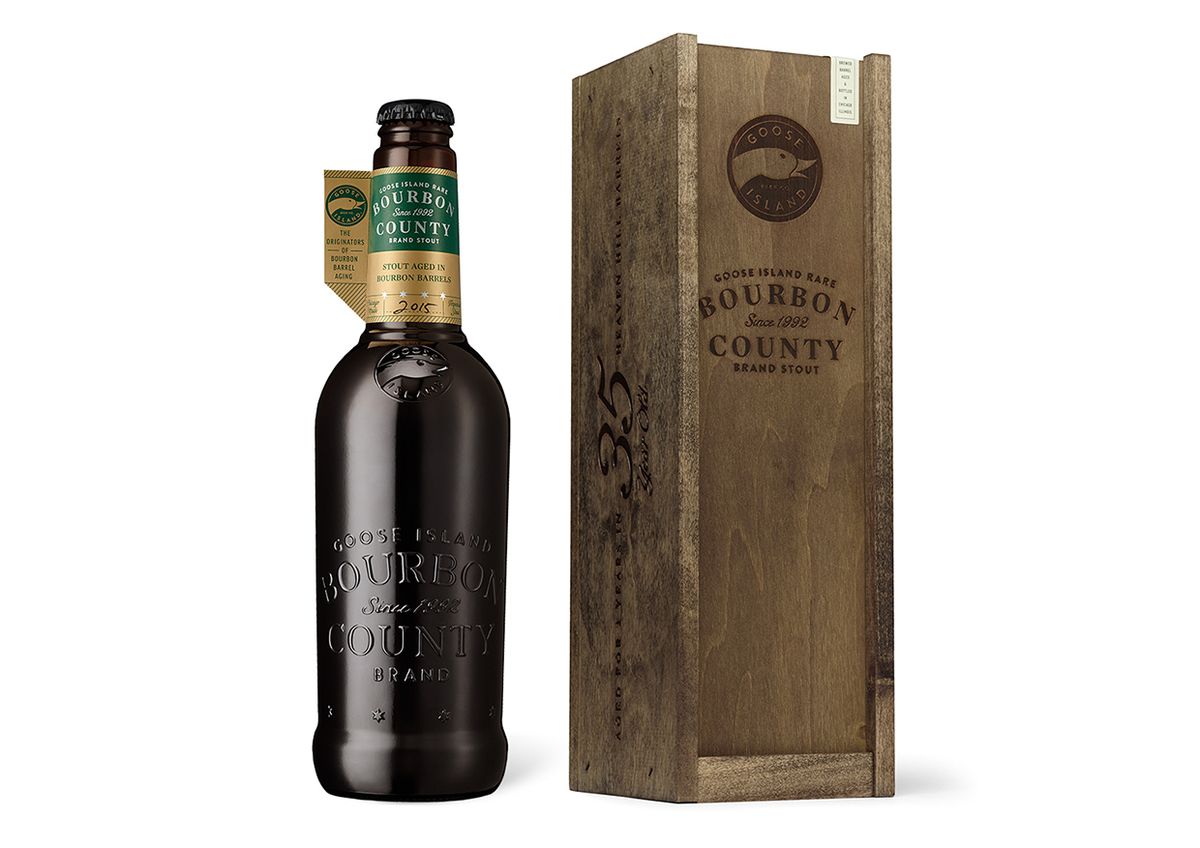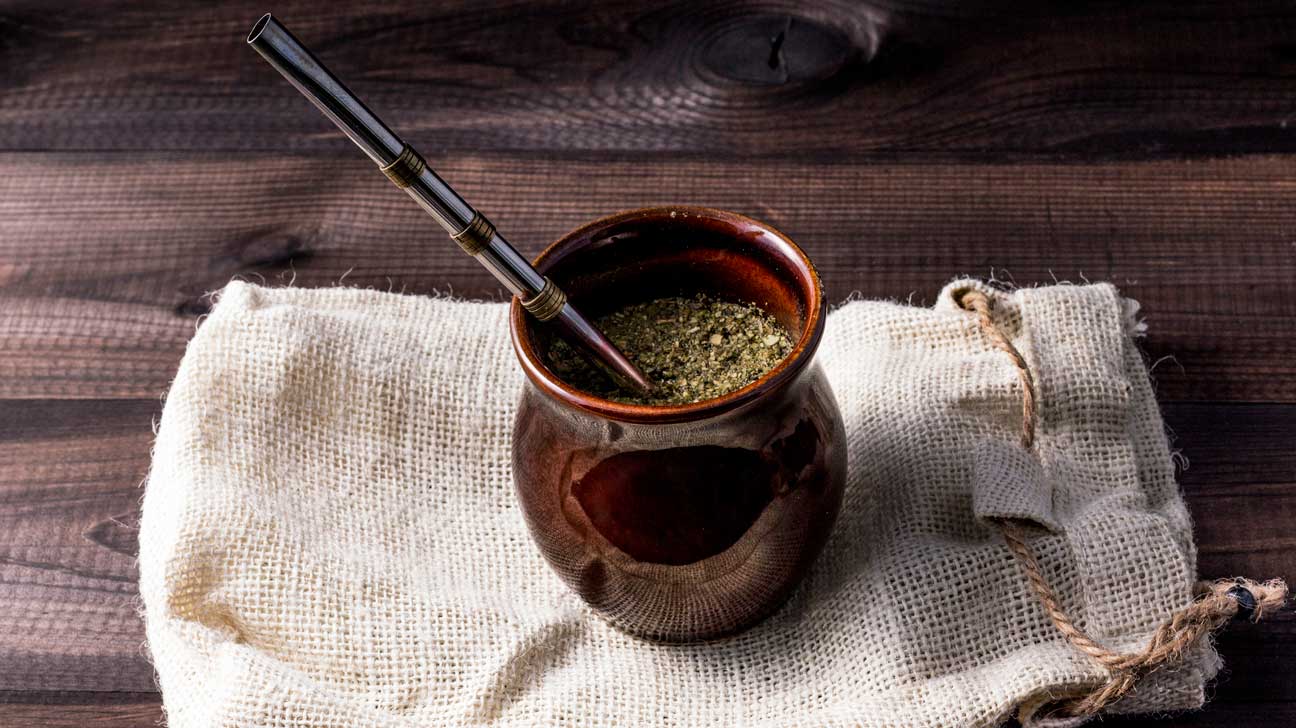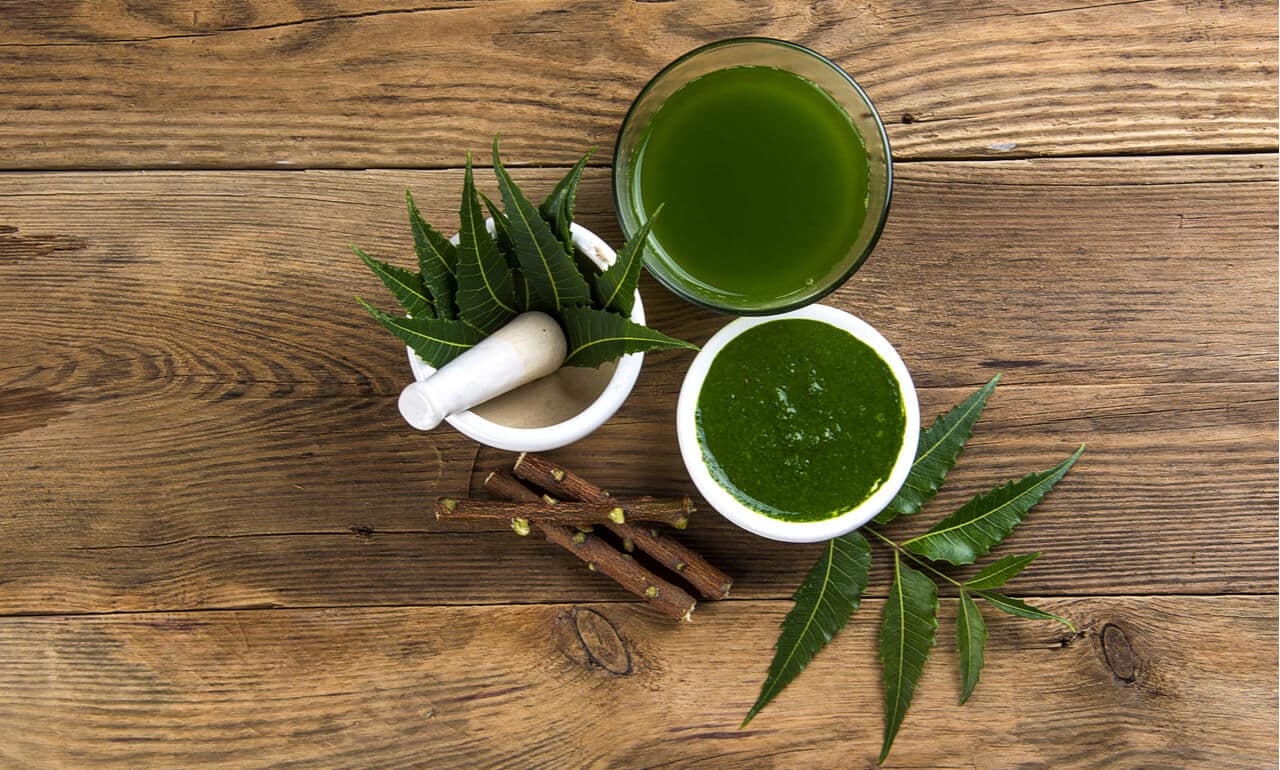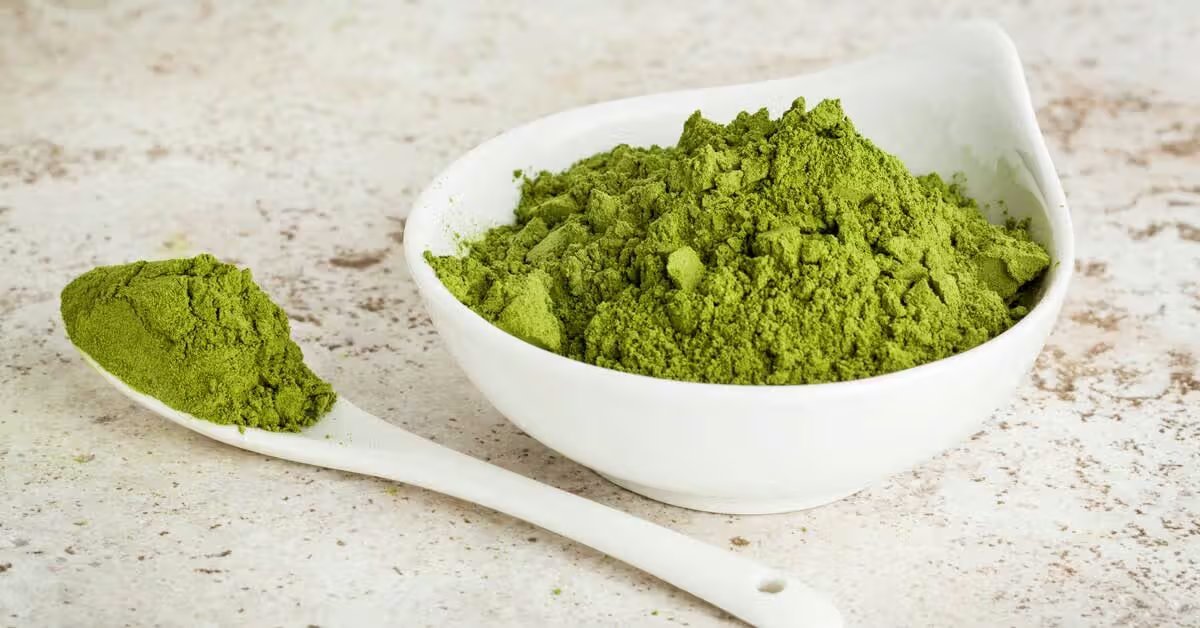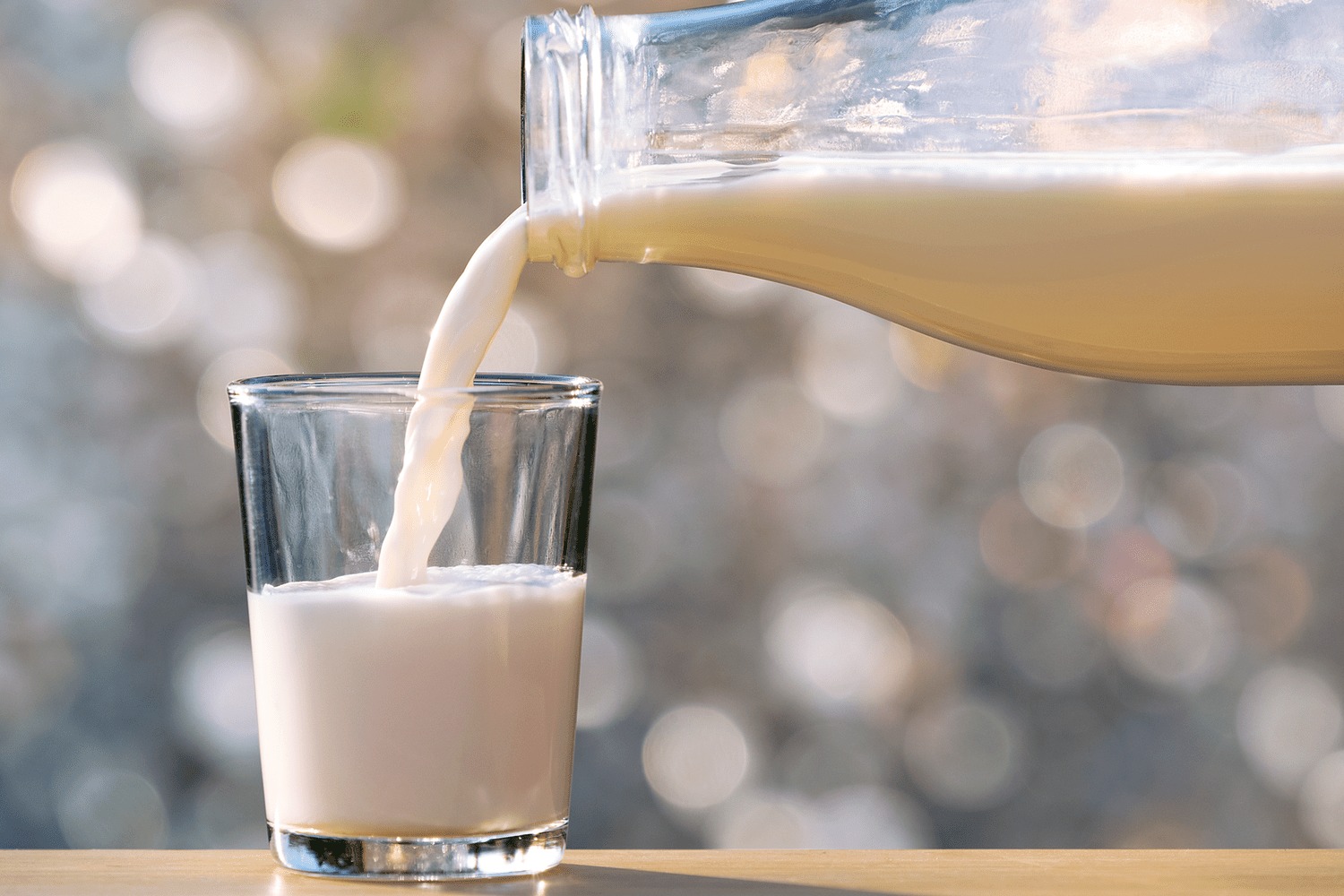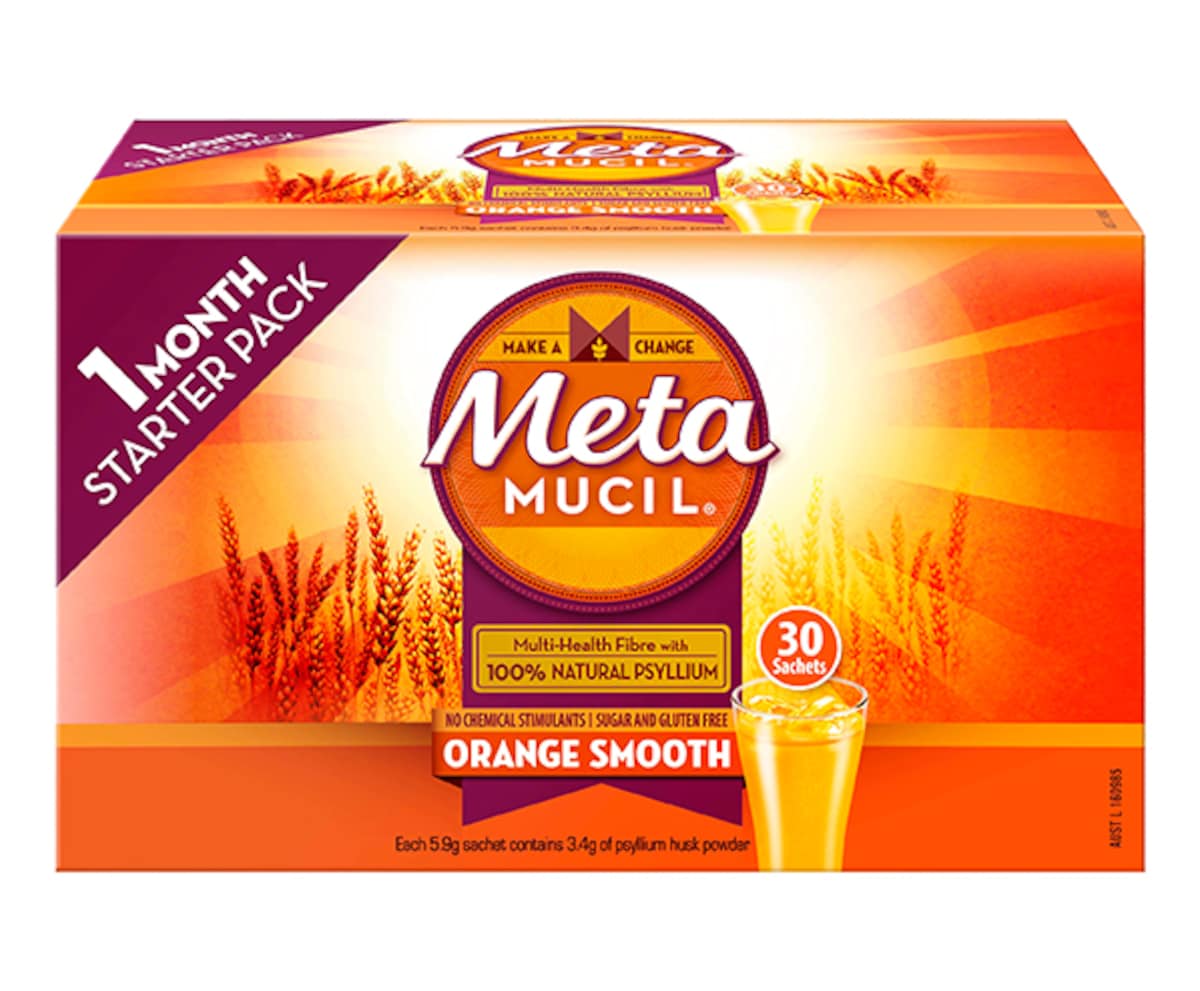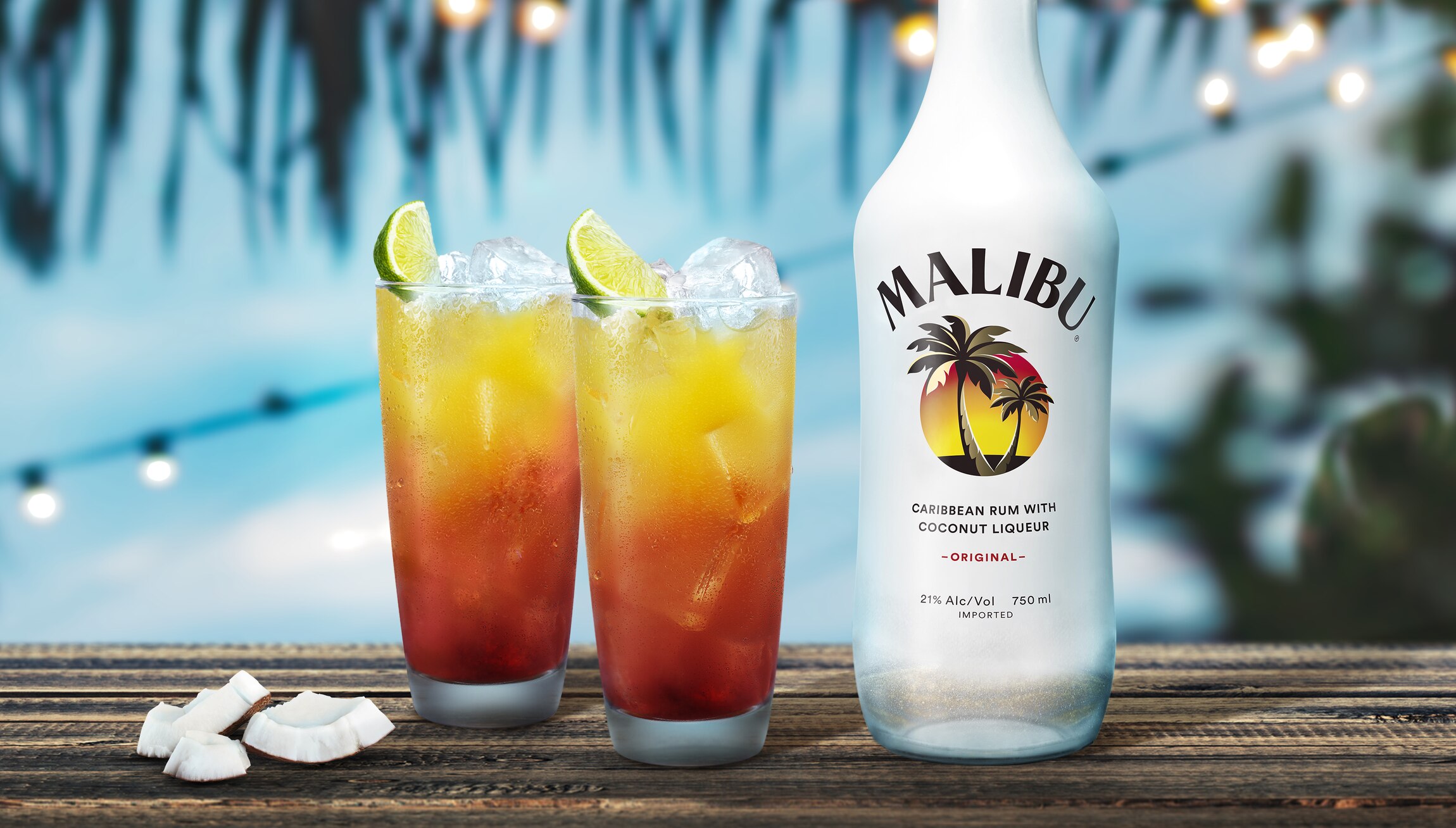Discover the Benefits of Drinking Olive Oil and Lemon Juice
When it comes to promoting overall health and well-being, the combination of olive oil and lemon juice is a powerful duo that offers a myriad of benefits. While most people are familiar with using these ingredients in cooking, drinking them together can provide a unique and refreshing way to boost your health. In this article, we’ll explore the benefits of consuming olive oil and lemon juice and provide some tips on how to incorporate this healthy habit into your daily routine.
The Health Benefits of Olive Oil
Olive oil is a staple of the Mediterranean diet and is renowned for its numerous health benefits. Rich in monounsaturated fats and antioxidants, olive oil has been linked to a reduced risk of heart disease, lower blood pressure, and improved cholesterol levels. Additionally, the anti-inflammatory properties of olive oil can help protect against chronic diseases and promote overall well-being.
The Power of Lemon Juice
Lemon juice is a potent source of vitamin C and antioxidants, making it a valuable addition to any diet. Consuming lemon juice has been associated with improved digestion, enhanced immune function, and better skin health. The acidity of lemon juice also aids in the absorption of nutrients and can help balance the body’s pH levels.
Combining Olive Oil and Lemon Juice
When consumed together, olive oil and lemon juice create a powerful elixir that can provide a range of health benefits. The combination of healthy fats from the olive oil and the vitamin C from the lemon juice creates a potent mixture that can support overall health and vitality.
How to Drink Olive Oil and Lemon Juice
Now that we understand the individual benefits of olive oil and lemon juice, let’s explore how to incorporate them into a daily health routine. Here are some simple and effective ways to drink olive oil and lemon juice:
- Simple Elixir: Mix one tablespoon of olive oil with the juice of half a lemon in a glass of water. Stir well and drink first thing in the morning for a refreshing and invigorating start to your day.
- Salad Dressing: Use a combination of olive oil and lemon juice as a healthy and flavorful dressing for your salads. This not only adds a burst of flavor but also enhances the nutritional value of your meal.
- Smoothie Booster: Add a tablespoon of olive oil and a squeeze of fresh lemon juice to your favorite smoothie recipe for an extra nutritional boost. The combination of flavors can add a unique twist to your smoothie.
Conclusion
Drinking olive oil and lemon juice can be a simple and effective way to support your overall health. Whether consumed as a morning elixir, salad dressing, or smoothie booster, the combination of these two ingredients offers a range of health benefits that can enhance your well-being. By incorporating this healthy habit into your daily routine, you can harness the power of olive oil and lemon juice to promote a healthier and more vibrant lifestyle.
Remember, it’s always important to use high-quality, extra virgin olive oil and fresh, organic lemons to ensure that you’re getting the most nutritional value from this powerful combination. So why not give it a try and start reaping the benefits of drinking olive oil and lemon juice today?
More Delicious Ways to Enjoy Olive Oil and Lemon Juice
For those eager to incorporate the zest and richness of olive oil and lemon juice into their culinary repertoire, a variety of recipes await. From Mediterranean Lemon Olive Oil Dressing for Salads to rustic Olive Oil and Lemon Bruschetta Topping, these recipes offer delightful ways to infuse your dishes with nuanced flavors. Notably, the Lemon Olive Oil Marinade for Grilled Chicken provides a tangy base that enhances the poultry's natural flavors, making it a must-try for any grill enthusiast. For a lighter fare, the Refreshing Olive Oil and Lemon Sorbet is an exquisite choice, perfect for cleansing the palate or serving as a sophisticated dessert. Each recipe is crafted to highlight the robust flavors of olive oil and lemon, ensuring a delightful culinary experience.
Was this page helpful?
Read Next: How To Drink Pastis De Marseille
